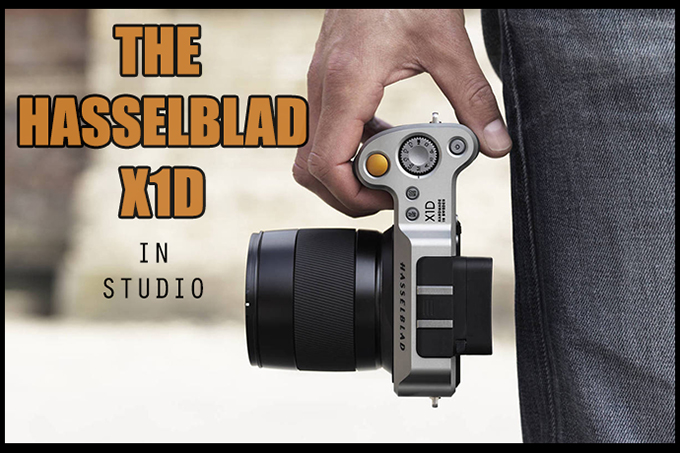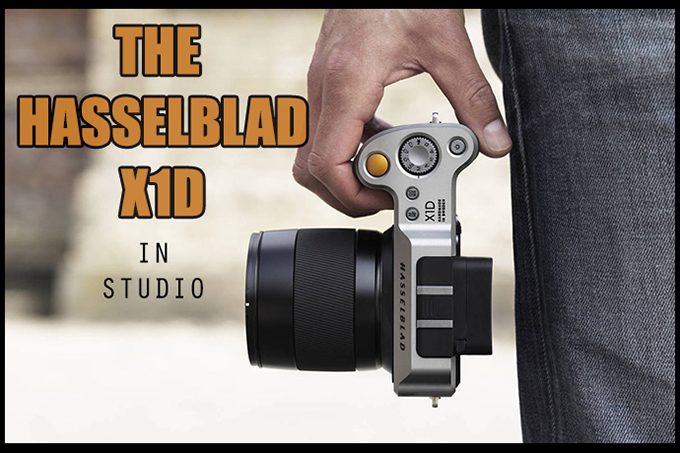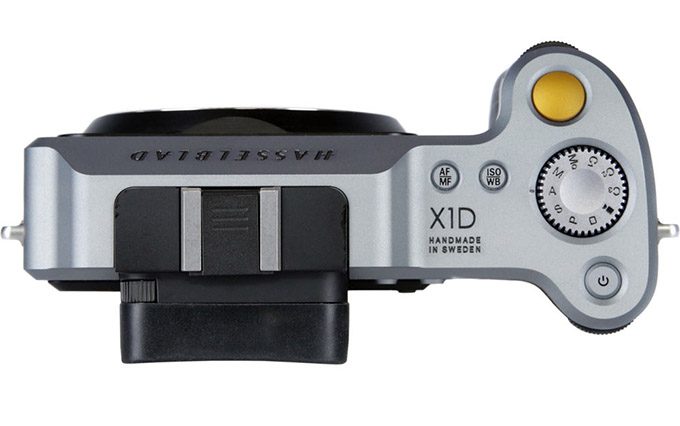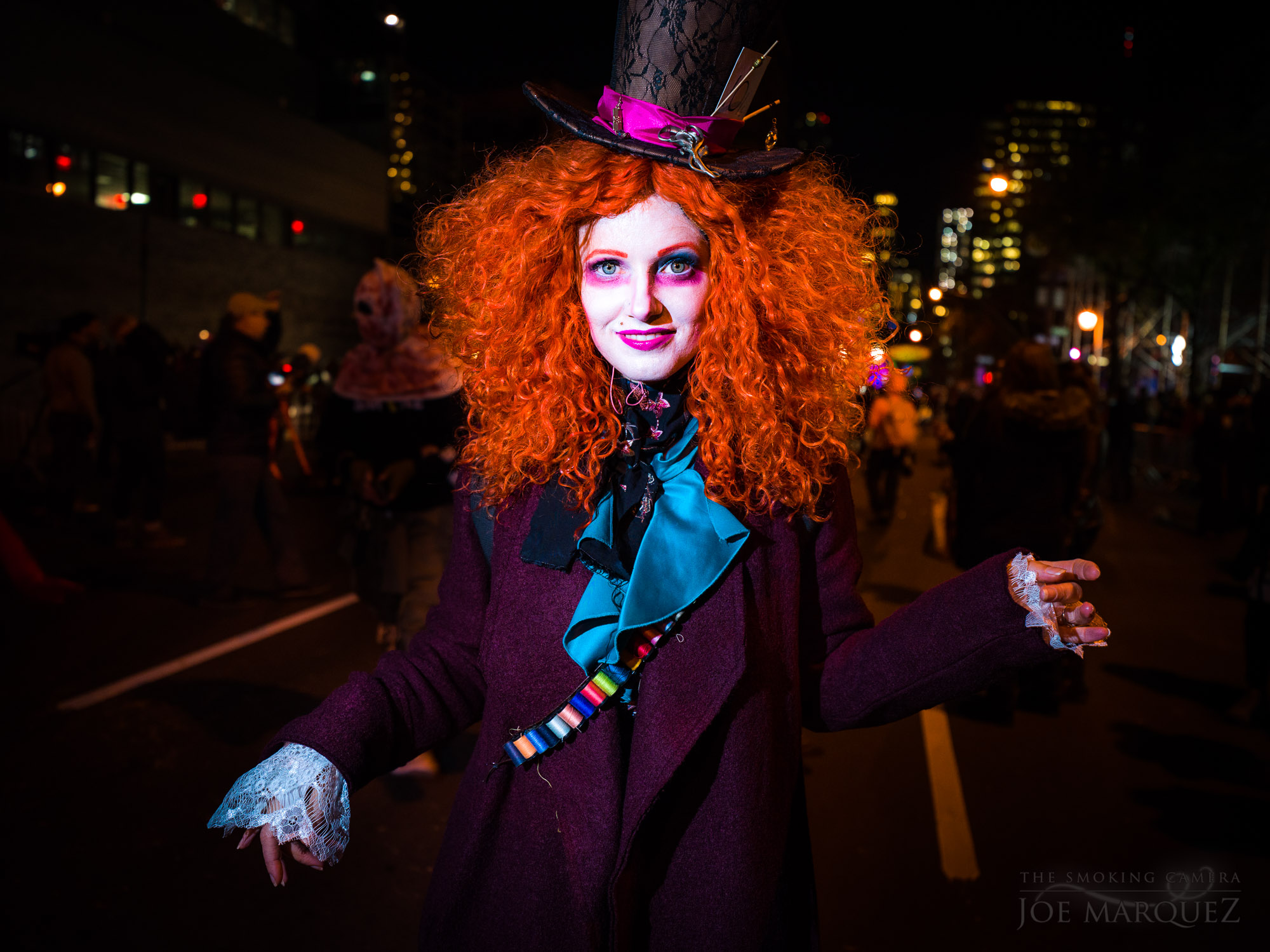

USER REPORT: The Hasselblad X1D – Mirrorless Medium Format in Studio
(UPDATE: Simon King informed me that Hasselblad contacted him and wanted the images removed (as beautiful as they are) as they do not want images from a non final production camera body out there. Odd, as this post just showed a little bit of what the camera was capable of, in a good way.)
The images in this article were taken with a prototype unit. The image quality may not reflect the character of images taken with a production unit. These images are JPEGS converted from 3FR in Lightroom. I have not made any adjustments. They are best viewed full size.
The Hasselblad X1D is very different to any camera I have used. What clearly sets it apart is the sensor. I have used everything from miniscule sensored pocket devices, to my workhorse Leica M240 full frame.
IT’S A SHAME BUT THE IMAGES THAT WERE HERE LOOKED FANTASTIC..BUT HASSELBLAD ASKED SIMON TO REMOVE THEM UNTIL A FINAL PRODUCTION CAMERA WAS AVAILABLE. I WAS UNDER THE IMPRESSION THEY WERE CLEARED BY SIMON.
The 50MP sensor is commercially matched only by Canon, with their 5DSR. Ergonomically, the Canon and the Hasselblad are fairly comparable, although the hard rubber and metal of the Hasselblad scream premium, where the Canon’s plastic shouts consumer. What I was interested in, during my time with the Hasselblad, was the potential for adapters, and extending that premium function across the Hasselblad range. I know that there will be the availability of official Hasselblad adapters for their H range, but as yet no third-party options have been announced.
Still, I would one day love to experiment with the X1D and my Noctilux. I am certain the results would be stellar.
The controls are very useable, and mostly intuitive. The mode dial clicks up, and the buttons are assigned to useful functions. To start with, because there is no tactile difference between the buttons, I found it tricky to remember exactly what button did what, but a simple glance was enough reminder that by the end of the shoot I had more or less memorized them. Three of these buttons are customizable and the front and rear dials are logical enough to use, as any DSLR shooter should be used to.
EVF feels like the viewfinder on the Sony – at 2.36MP it is sharp, but I’ve been spoiled with the SL, and I feel that if it had had an EVF of equivalent value to the SL it would be a definite shot across the Leica bow.
I have absolutely no complaints about image quality. The X1D features the same sensor as their V series back, and paired and tuned with the new lenses the quality is fantastic. Even for those who prefer to view an image as a whole, without pixel peeping, it is clear on any Retina or 4K monitor that the photos taken from this camera are different. They shine.
Of course, there are the same pros for medium format images as there have ever bee, – good for large scale printing, or cropping. But in such a small box, it is truly unique. The dynamic range is very competent, and I had no trouble recovering highlights in some of the images where the flash failed to sync.
The sensor resolves every freckle and line of detail from the lenses, which I hope to cover in a separate review. Suffice it to say, they are paired phenomenally with the body, and make the entire package an unreasonably enticing investment.
Weighing in at around 725g with the batteries I cant see it leaving much of an impact on the bags of photographers used to carrying DSLR weights of 800/900g plus. The lenses are solid. They feel the way Hasselblad lenses should – sturdy, solid with no give whatsoever in the moving parts. Precise, although a little stiffness I’m sure would become smoother through use.
The grips on camera are a solid and friction-y rubber. I wasn’t worried about it slipping as I sometimes am with, say, the SL. The weather and dust sealing are a reassuring touch, and the seals are not obstructing of the functionality.
The smartphone inspired touchscreen interface is simple, although my prototype version did not have the finished elements in place, so I cant comment too much on that. It worked well for me, and should be very clear when out on the streets.
Gesture control should be intuitive, as it is the same pinch/swipe/hold combination as most people have on their phones.
The RAW files take a long time to edit, but that is to be expected with such vast amounts of data compressed into each photograph. However, given the price point on this camera, I can assume that the audience for this camera owns at the very least one high-powered iMac for editing.
The X1D does for medium format what the RX1 did for full frame – to the power of ten. It emerges as what very few MK1 versions manage to achieve – a fully-fledged system camera with a system of lenses and support.
It is also Hasselblad’s least expensive camera release so far, which opens up both the brand, and medium format shooting to the masses; a good sign for the photography industry, as well as for photographers themselves.
I didn’t test much for video, but I don’t assume most people who buy this camera will want to be using the video function.
It is not a mainstream camera, but hopefully opens up the market to Fujifilm and Sony for even more Mirrorless medium format (almost) compact cameras.
The Hasselblad X1D and lenses are available to order from our London store, as well as our online shopfront at http://www.theclassiccamera.com
Kindly,
Simon King
For USA buyers, check out the XD at B&H Photo






The camera is out since several week. So why don’t you reactivate the images ?
Hi
Question about the new Hassy:
As the distance from the rear lens to the chip is so much shorter than the distance of a h6d.. would a h6d or v lens thus be much longer on this camera?
Foto Care in NYC has an X1D for demonstration! They also have the 45 & 90mm lenses. If you bring in an SD card you can shoot and get your own sample files. The X1D camera system is amazing.
WTF? Why no photos HASSY!
The original event booking FAQ stated this:
What can/can't I do with the test images?
As a demo event, all the shoot set-ups provided are for the purposes of test shots only. Therefore, any images taken away are for your own review purposes only and they cannot be used commercially or as part of a portfolio to represent your work. This is due to the shoots having been set up by the event organisers and possible usage limitations of the models booked for the event.
Images can be published on social media, but only when accompanied with a credit and explanation of how the image was shot as part of a The Classic Camera / Hasselblad demonstration event, and also with a credit to any model featured.
Then a subsequent email was sent to attendees as follows:
A Message from Hasselblad:
Thank you for signing up for our Open Day at The Classic Camera on Tuesday 6th September 2016.
We just wanted to inform you of a slight change of plan regarding the use of sample images taken on the day.
At the time of booking the events with our retail partners, we expected the official demo units to have shipped and be available for the events.
However, due to a slight delay in production, unfortunately we now know this will not be the case in time for this event.
We will therefore be using cameras classed as prototype units for the event, which will still be very representative of the final production version, but it does mean that we can't allow any test shots taken on the day to be taken away with you.
Images can still be reviewed on the day, and the image quality will still be very representative of the final quality, but we can't allow any images in the public domain until the firmware is final.
We hope that this doesn't affect your decision to attend the Open Day, as the test images were only for review purposes anyway, so we will look forward to still seeing you on Tuesday.
Clearly Simon did not comply with Hasselblad’s terms.
How are there so many errors in just 1 passage –
Phase has a 50MP sensor as well ( IQ2-50, IQ3-50)
Canon is magnesium, not plastic
5DSR hardly feels like a “consumer” camera
Just so there isn’t a misconception, I have been a long time Hasselblad shooter, that switched to Phase backs last year, but still shoot on a Hasselblad H5X body. I am eagerly awaiting a production X1D but getting more discouraged everyday and expecting Fuji to put a dent in this camera this week at Photokina.
The demo X1D’s were gorgeous but were also bug ridden as hell.
https://web.archive.org/web/20160906230948/http://www.stevehuffphoto.com/2016/09/06/user-report-the-hasselblad-x1d-mirrorless-medium-format-in-studio-by-simon-king/
Probably a fine camera, but can’t see any of the photos!
And by the way, the Canon 5DSR is not plastic, nor does it “shout consumer”. You’ve lost credibility right there, Mr. King.
Why would Hasselblad made such a request? Ming Thein already published several images from X1D in his blog and instagram.
You would have to ask the author, Simon King as he is the one they told.
Sorry, I stopped reading when you said that the sensor was matched by Canon. Really? In my head for some stupid reason, I was thinking this would be a much better sensor in almost every aspect.
Is that it? All the hand wringing over sensor size and resolution. Looks like a file from a “1inch” sensor. Those that rave are living the “emperors new clothes”.
I tested the camera yesterday at The Classic Camera. I was ready to drop 11k there and then. But whilst there is no doubt about the quality, from a street photography perspective (which is one of the markets mirrorless is aimed at) and my particular style of shooting, there were a few issues:
1. Slow startup.
2. Slow focus (may be improved in production models).
3. Noticable shutter lag (may be a pre-prod issue?).
4. Noisy shutter (even in quiet mode).
5. No continuous (tracking) focus (pre-prod?).
6. No exposure compensation dial.
7. Exposure compensation in manual mode with auto-ISO has no effect (I would have expected this to adjust the ISO). This mode of shooting is admittedly rare but gaining traction as the most versatile technique for advanced photographers amongst street shooters, especially now that we have high ISO performance camera or even ISO invariance in some cameras.
Streetist
1) Hasselblad promised improvement with final firmware
2) Hasselblad promised improvement with final firmware
3) .
4) Quiet mode was not implemented on the unit you tried…
5) .
6) .
7) .
Yes, I do intend to revisit after release for the points you responded to, and I may be able to overcome the EC issue with ISO bracketing as I have on other cameras…or use it for street portraits rather than “pure” street.
Useful comment thanks. Another street user was checking out the Sony RX1R II and came to similar conclusions. Seems these “smaller” large sensor cameras so many fawn over aren’t quite there yet in the speed department.
I don’t see how the shutter is noisy. The camera doesn’t have a shutter.. The biggest drawback of the camera BTW. And why it won’t be this amazing adaptable MFM camera.
I couldn’t see how the leaf shutter lenses would be creating the noise. But heck maybe?
Funny you assume that any user of this uses an (i)Mac 😉
I feel it would be a great camera for landscape and architectural work, but for close-up portraits — well, I dunno. The over-abundance of facial detail (fine fuzz) detracts from its effectiveness. A little smoothening of skin detail would probably uphold Doug Frost’s observation that “(the model) has the most flaw-free skin….”
Very impressive quality. It confirms that sensor and pixel size matter.
“The 50MP sensor is commercially matched only by Canon, with their 5DSR” well you must have forgotten about the Pentax 645Z, which is using the exact same sensor as the X1D.
I would not consider any previous Hasselblad to be a “commercial” camera into the way that Canon is, and this Hasselblad intends to be. Hopefully, this will be the “breakout” system that causes medium format to become more than just the niche that it currently is.
What do you mean Simon? Expect for the Sony rebrands all the Hasselblad camera systems have been commercial cameras. Our do you mean pro-sumer?
Beautiful model. Needs no high quality glass.
Nice to have Hasselblad back. I do think this story should have been more clearly presented as a contribution from a store/sales person. I trust the story, but it is a bit messy not to know who the auther represents before at the very end of the text.
I have written here previously, and while it is true that I work in the industry, my priority here is to convey my personal opinion on these devices, and not to make a sale.
What about the Pentax 645Z that uses the same sensor at 50 megapixels and the same size. The 5DsR is a 35mm size sensor so it is not truly comparing apples. The 645Z is also very very similar in price to the Hassy..
The X1D is Hasselblad’s attempt to make something more along the lines of a 5DSR, in terms of the number of people who have access to, and have the technical ability to use one. Previous digital medium format has not been “commercial” used instead by high end professionals and hobbyists. You would not find one in the average camera store, as it is a more specialist product.
The X1D will have a larger, commercial, reach.
It’s an intriguing camera to be sure. However the lack of in-body stabilization and fast aperture native lenses will probably be a dealbreaker for me. Also, to say that its sensor is ” is commercially matched only by Canon, with their 5DSR” doesn’t tell me anything about the camera’s capabilities. Although the pixel count may be the same as the Canon, I suspect that’s where the similarity ends. There’s a lot more to camera sensors than just their raw pixel count.
You are right that the similarities in terms of technical data do not explain anything specific about the camera, however in a market as saturated as photography it can be useful to look at options that are similar in order to get an idea of exactly whereabouts a product can have potential to exceed, or be exceeded by a competitor.
Really?
Wow, incredible IQ! I really think this is a game changer.
Very impressive shots and camera! The moderate size is appealing in a medium format camera.
Great overview! Thanks for sharing your experience and thoughts.
I looked at the full sized images. Wow! Even for an amateur, this might be an ultimate one-camera-one-lens solution for simplicity and ultimate image quality. Again. Wow!
I cannot imagine that your model is at all pleased with every pore, hair, blemish, and other features so clearly visible! That brings to the forefront the question: When is the best just too much?
She has the most flaw-free skin I’ve ever seen. She should be proud of it.